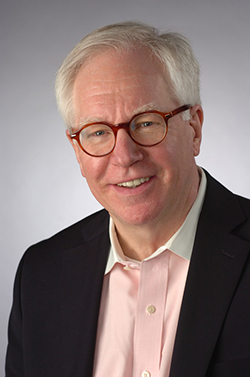Harnessing Sport Fandom for Character Development: Grant Supports Innovative Initiative
An innovative initiative focusing on the power of sport fandom for character development has been awarded more than $800,000 in funding through a 2025 Institutional Impact Grant from the Educating Character Initiative, part of Wake Forest University’s Program for Leadership…


